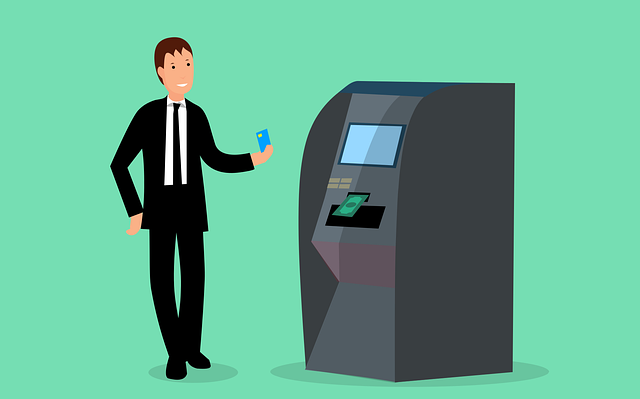Those ‘non sterling transaction fees’ can really add up when you are on holiday if you are unsure on how to avoid them, so today we thought we would share with you an excellent article in the Belfast Telegraph today (17th July 2023) on how to plan ahead and avoid foreign currencies catching you out on holiday.
The article gives you some great pointers on how to get organised before you set off on your holidays and what to do when you are away. Here are those pointers:
Know Your Fees

‘These are the possible fees you could be charged while you’re away sunning yourself.
‘Non-sterling transaction fee — a charge for every transaction you make with your card. For UK customers this is usually 2.75-2.99%.
‘Non-sterling purchase fee — this is charged every time you make a purchase using the card and is usually about 0-1.25%.
‘Cash withdrawal fee for foreign ATMs — charged every time you use an ATM in the Republic or overseas. Ranges from about £1.50-2.
‘These are rough estimates, and will vary from bank to bank. It’s always good to find out about your own bank’s fees and charges before you go away. And don’t forget that you can also be charged extra by bureaux de change and foreign banks when converting currency if you have decided to bring a sterling stash.’
Use Global Alliance ATM’s
A group of banks across the world have formed the Global ATM Alliance, a network of banks who allow their customers to use their ATMs with no fees.
‘For UK customers, Barclays is the main bank participating in this. If you’re a Barclays customer you can use foreign ATMs from banks such as Deutsche Bank, Bank of America, BNP Paribas and Westpac without being charged foreign fees.’
Never Choose To Pay In Sterling
‘When using your debit or credit card to make a purchase abroad, you’ll often be asked whether you want to pay in the local currency or in sterling. At first, paying in sterling seems like a great idea because you know how much you’ll be paying in your own currency and there are no surprises. But don’t be fooled. Choosing to pay in sterling will always be more expensive due to something called dynamic currency conversion. This is where the vendor gets to set their own exchange rate, which will usually leave you out of pocket when compared to your own bank’s exchange rate. Choose instead to pay in the local currency and let your bank apply the exchange rate later on.’
Spend Time Researching Options
‘Research shows that 27% of holidaymakers spend no time looking for a better deal on exchanging currency ahead of their trips. However, for those who do spend time actively looking for a good deal, 64% of them see savings of up to £100.
‘Looking to the conventional comparison sites is a great place to start — a lot of these sites have travel money sections which provide you with the best options available, for example, money.co.uk.’
Explore Other Ways To Convert Currency
‘One alternative is a prepaid currency card, which is a great way to carry your holiday money with less risk. Use them instead of your usual bank card and you’ll be paying for everything in the local currency, thus avoiding all those foreign bank fees. They are usually completely free and involves no hidden charges. You simply top up your account with a credit or debit card, purchase your currency and start spending.’
Don’t Just Look To Save On Flights And Hotels
‘If people were to spend the same amount of time shopping for the best foreign exchange deal as they do for flight and accommodation savings, they could see far greater holiday savings.’
Some great tips there which I hope you may find helpful on any trips you take to foreign shores.
Leave a Reply
You must be logged in to post a comment.